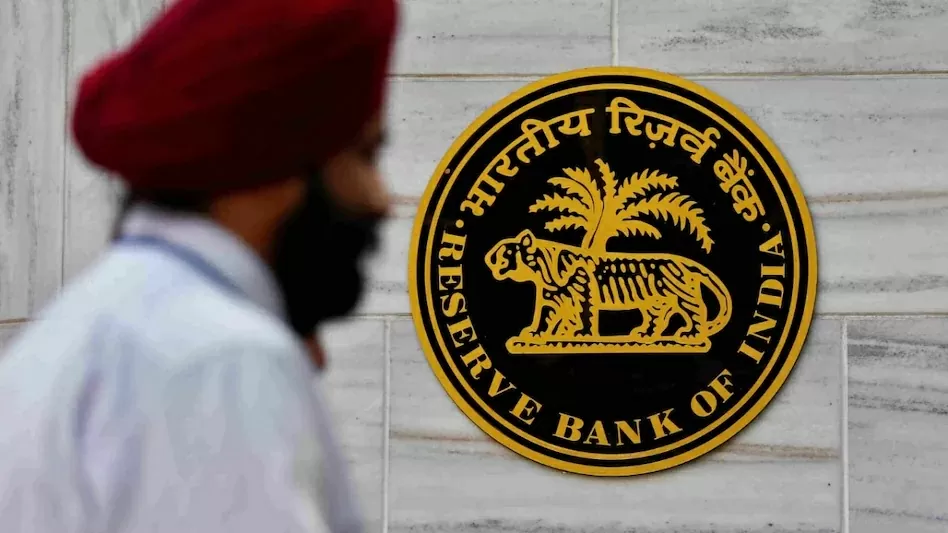
RBI has imposed a fine on a bank. It is accused of breaking the rules. A company’s certificate of registration has also been cancelled. Let’s know why the central bank took this step and what will be its impact on the customers?
RBI license cancelled: The Reserve Bank of India has imposed a monetary penalty on a cooperative bank based in Mumbai, Maharashtra for non-compliance with the rules related to KYC and SAF. The central bank has taken this step under the provisions of sections 46(4)(i) and 56 as well as 47A (1)(c) of the BR Act.
RBI has imposed a penalty of Rs 2.50 lakh on Kunbi Sahakari Bank Limited, Mumbai Maharashtra. Violations of the rules were revealed during an inspection conducted in relation to the financial position of the bank on March 31, 2024. The Reserve Bank of India (RBI) decided to impose a monetary penalty based on the response received from the bank on the show cause notice and the submissions made during the hearing. The order has been issued on 27 May 2025 regarding the action.
The bank violated these rules
According to the notice, the bank sanctioned new loans and advances which were not backed by collateral security of FD/NSC/KVP/insurance policies. In some cases, the single risk limit applicable for new loans and advances was also violated. It also failed to follow the instructions issued under SAF. The bank also failed to do a periodic review of the risk classification of some accounts as per the prescribed period. However, this action will not affect the transactions or agreements between the customer and the bank.
License of these companies cancelled
The Reserve Bank of India has cancelled the license (Certificate of Registration) of M/s N/Y Leasing Private Limited. The NBFC violated the guidelines issued by RBI on outsourcing of financial services in its digital lending operations. It also violated the rules related to outsourcing of financial services by outsourcing several key functions such as customer onboarding, due diligence, disbursement of loans, collection of repayments etc. as well as KYC verification to a service provider.
